#congress
White House At Least Considering Increasing Gas Tax, Needs to Consult Congress
The United States’ 18.4-cent-per-gallon tax on gasoline and 24.4-cent tax on diesel hasn’t changed since 1993. Despite this, the opinion that it should be hiked as a way of funding public works was nowhere near the White House’s official infrastructure strategy. But Donald Trump isn’t averse to the idea. In fact, he proposed a 25-cent increase to senators during a Wednesday meeting as a possible funding solution.
White House officials claim the president says “everything is on the table” in terms of finding a solution for America’s growing infrastructure problems. But how serious the rest of the Trump administration is about raising the fuel tax is debatable.
Here Come the Roads: President 'Big Daddy' Trump Unveils Infrastructure Plan
Few things are sexier than a new road. The scent of fresh tar, smooth pavement that’s still warm to the touch — it’s an absolute feast for the senses. After roughly a year of waiting, President Trump finally seems poised to deliver on a bunch of them. The White House has just offered Congress a 53-page report detailing exactly how to rattle loose $1.5 trillion in investments into the country’s ailing infrastructure.
Maybe “poised” is the wrong word to use; how about we just say that he’s been interested in the idea that somebody should build them.
Expect Democrats to complain that the plan totally fails to create a dedicated funding stream to address the infrastructure issue and Republicans to gripe about how the small federal investment, set at $200 billion, is still far too large. It’s a beautiful system we have here.
Mayors Join Auto Industry in Fight to Maintain EV Tax Credit
On Wednesday, 22 mayors issued a letter to members of the House and Senate conference committee that’s attempting to finalize a rushed tax plan before the end of the year, saying the $7,500 electric vehicle tax credit allows them to better pursue clean-energy initiatives within their cities. The current versions of the bill has the House eliminating the credit, while the Senate has voted to keep it. So far, no automaker has reached the credit’s 200,000-vehicle threshold, and the industry — now backed with mayoral might — has pressed the U.S. government to maintain the incentive.
Alright, so it isn’t the power play that will turn the tide. But it does show that there exists a large group outside of manufacturers and EV fans that wants to keep the credits in place.
House Members Aren't Digging Trump Administration's Auto Trade Proposals
A bipartisan group of over 70 members of the U.S. House of Representatives has asked the Trump administration to reconsider its North American Free Trade Agreement proposal on auto parts rules of origin. Seen as a sunset clause by Canada and Mexico that tweaks international agreements to lower the United States’ trade deficit, the rule has also received some serious blowback from domestic automakers. They’ve even used trade groups to craft awareness campaigns and reach out to congress, a decision that appears to be working.
Currently, NAFTA mandates at least 62.5 percent of the materials used in a car or light truck be sourced from North America in order to avoid tariffs. The Trump administration’s proposal would up that requirement to 85 percent, with 50 percent of the total being from the United States.
Automakers Trying to Stop GOP From Killing EV Tax Credit
As reported last week, House and Senate Republicans have proposed sweeping tax reforms that would, by extension, kill the EV tax credit if the bill passes into law. Automakers have already expressed their distaste on the matter, and now they’re beginning to mobilize to keep it from becoming a reality. With electric vehicles just beginning to gain traction, and numerous manufacturers banking on the platform in the years to come, losing the credit would undoubtedly harm sales.
The Electric Drive Transportation Association, a group representing automakers, suppliers, technology firms, and energy concerns, says it will collaborate with its members and their shareholders to ensure the credit persists under the proposed GOP reform. Genevieve Cullen, the association’s president, claims the group will pull out all the stops to ensure the Senate sees things their way.
Automakers Unify to Urge Trump to Keep NAFTA
Domestic automakers and suppliers have already expressed concerns that leaving the North American Free Trade Agreement could be detrimental to the industry. Numerous automotive trade groups have claimed that losing NAFTA would result in less efficient and more costly ways of doing business.
Hoping to steer Donald Trump away from the idea of abandoning the three-country accord, manufacturers, parts suppliers, and dealers have come together to form the “Driving American Jobs” coalition. The group’s primary goal is to prove that NAFTA has been beneficial to the participating countries, especially the United States. It also makes the claim that withdrawing from NAFTA would re-establish trade barriers, hurt the U.S. economy and cost jobs.
“We need you to tell your elected officials that you don’t change the game in the middle of a comeback. We’re winning with NAFTA,” urges the group’s website.
The NHTSA: Broken Down, Short on Staff, Slow on Change
The United States is still waiting on a glut of senior appointments within agencies that affect the automotive industry. While the Environmental Protection Agency eventually got Scott Pruitt, many high-ranking positions remain vacant at the EPA and other U.S. regulatory groups. The National Highway Traffic Safety Administration is still missing an administrator, chief counselor, director for government affairs, chief financial officer, and one enforcement chief.
With so many holes in its staff, former NHTSA officials and consumer advocacy groups are worried the agency has been rendered ineffective — essentially stalled on important decisions and issues that need the right kind of signature. Eight months is a long time to wait for an appointment and the NHTSA was only just given a deputy administrator, after former executive director Jack Danielson’s promotion.
Congress Will Be Bombarded With Autonomous Car Propaganda This Week
This week, the Coalition for Future Mobility — a recently formed automotive trade group representing major automakers and self-driving advocates — will roll out a bevy of targeted television spots, print ads, and social media posts specifically designed to encourage Congress to adopt legislation assisting the budding industry’s growth.
Earlier in the month, the House of Representatives passed a bill that would expedite the deployment of self-driving cars and prohibit states from blocking autonomous vehicle testing. This was immediately followed by Transportation Secretary Elaine Chao publicly outlining the NHTSA’s updated automotive safety guidance — which was less about ensuring the safe development of self-driving cars and more about destroying regulatory red tape.
The Senate is the final piece of the puzzle. Automakers want to make sure it’s seeing things their way before casting their vote on whether or not the industry gets the governmental green light.
House Unanimously Approves Proposal to Deploy Self-driving Cars, and Not Everyone's Happy
On Wednesday, the U.S. House unanimously approved a sweeping proposal to expedite the deployment of self-driving cars and prohibit states from blocking autonomous vehicle testing.
“With this legislation, innovation can flourish without the heavy hand of government,” Ohio Republican Bob Latta said on the House floor leading up to Wednesday’s vote. Latta is chairman of the House Energy and Commerce subcommittee that developed the legislation with support from tech companies and the automotive industry.
One thing missing from the House measure is large trucks, which the Senate hopes to address in its own bipartisan legislation. Congress announced a September 13th hearing to examine the role of autonomous commercial vehicles and how they may fit into the Senate’s pending self-driving legislation. Meanwhile, the House’s bill moves up the board to be put to a vote within the Senate at a later date.
U.S. Plans to Schedule Opening NAFTA Talks in Roughly 90 Days
U.S. Commerce Secretary Wilbur Ross want to begin formal talks to renegotiate the North American Free Trade Agreement with Canada and Mexico in a little over three months, adhering to the campaign pledges made by President Donald Trump last year. Ross explained to reporters that “sometime in the next couple of weeks” he will issue a notice to Congress stating the Trump administration intends to start formal NAFTA negotiations in just 90 days.
However, since he expressed his intentions in front of a gaggle of reporters, Congress is probably already aware. But it won’t be “official” until they get a piece of paper signed by the appropriate parties on the applicable letterhead — hopefully, embossed with a fierce-looking eagle surrounded by dollar signs.
Tesla, the Worker, the Union, and the Bill That Can't Help Elon Musk
Tesla Motors CEO Elon Musk knows a unionized workforce would add another variable to his lofty, carefully crafted production plans, and an unpredictable one at that: labor strife.
Until now, the electric automaker’s top boss has fended off the possibility in a progressive-sounding way, but a simmering unionization movement, which reared its head this week, shows no signs of abating. Since the appearance of a scathing blog post written by a Tesla assembly plant worker, Musk has found himself on the defensive. A paid union agitator, Musk claimed, wrote the post to rile employees. Then the UAW jumped into the fray.
Now, it’s one big battle. Musk likely wishes a recently introduced bill to amend the National Labor Relations Act was on his side.
Congress, Crash Victims Want Action on Deadly Seat Back Failures
Modern technology helps vehicles avoid collisions and prevents injury, but the potential for a deadly collision inside the vehicle is being overlooked, some say.
Seat back collapses have killed or seriously injured 100 people since 1989, a CBS News investigation found, and lawmakers in Congress are now joining victims in calling for action.
Showdown Over EPA Racecar Regulations Begins in Congress
Is it curtains for modified street cars on the racetrack, or will a compromise save the day?
The first meeting of a congressional committee tasked with deciding the fate of drivers who race modified street vehicles took place on March 15, and a glimmer of hope emerged, according to Jalopnik.
Earlier this month, a bipartisan bill — Recognizing the Protection of Motorsports Act of 2016 — was introduced in the House of Representatives and Senate in a bid to make converted race vehicles exempt from proposed Environmental Protection Agency regulations.
Volkswagen to Slash Office Jobs by Next Year, Says Report
Like ripples in a pool of sulphur-rich oil, the impact from Volkswagen’s diesel emissions scandal keeps spreading.
In a cost-cutting measure designed to mitigate the growing financial damage caused by the scandal, Volkswagen is planning to cut 3,000 administration jobs in Germany, according to Reuters.
Bipartisan Bill Aims to Kill EPA Racecar Regulation
Attention, racecar enthusiasts: Your Congressional representatives are looking out for you!
Normally, this phrase would be met with suspicion and outright fear, but for those fighting the Environmental Protection Agency’s proposed regulation on racecar conversions, it’s the best news they’ve had in weeks.
A bipartisan bill introduced in Congress would protect the track-only use of modified street vehicles for use in competition, a practice the EPA is seeking to prohibit.




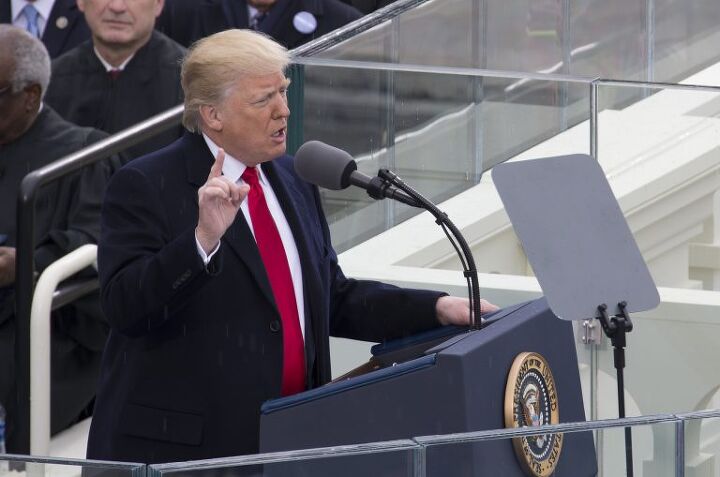
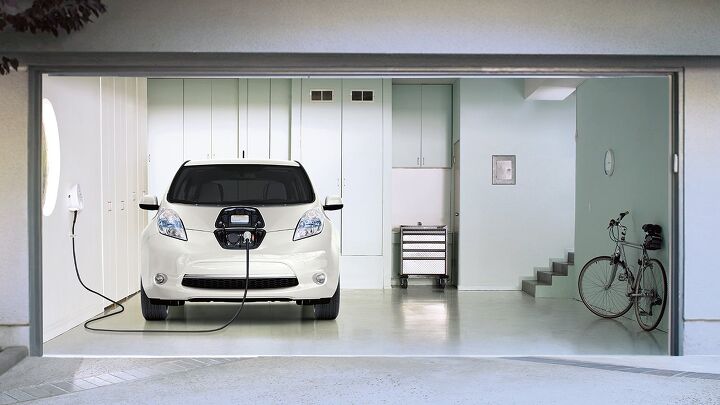



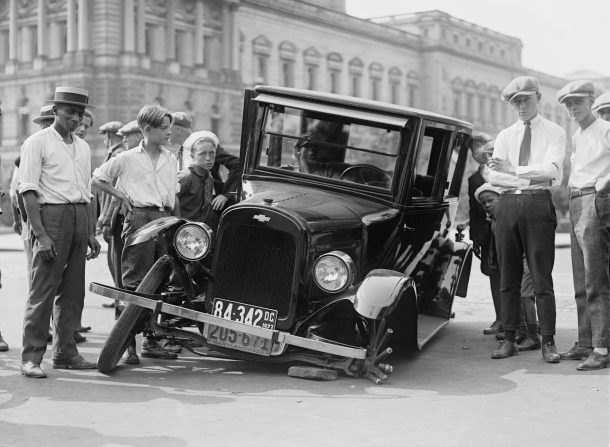

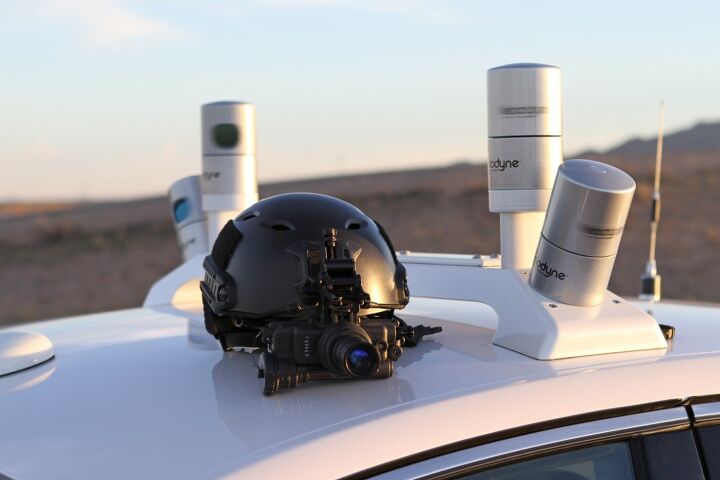
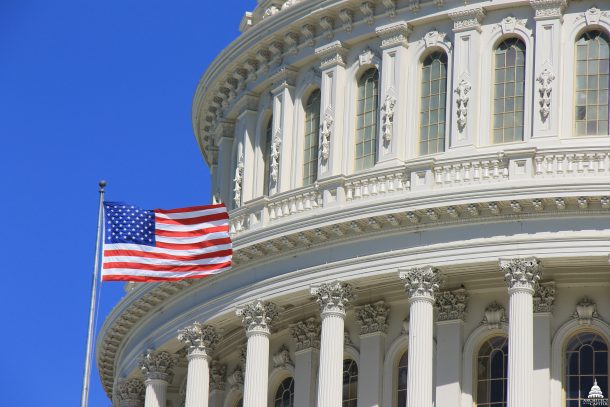

















Recent Comments